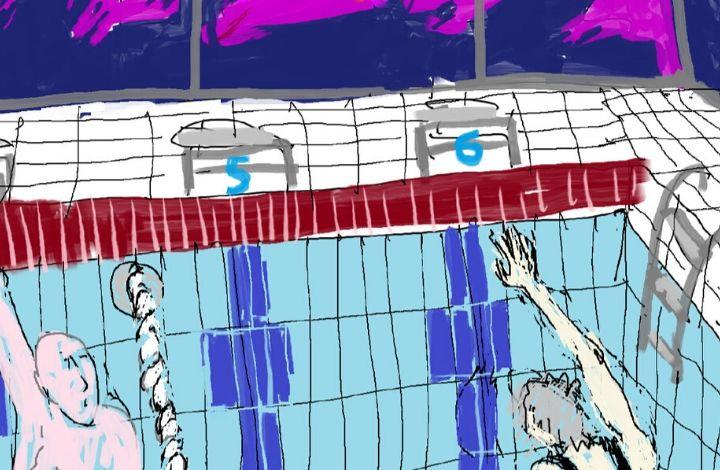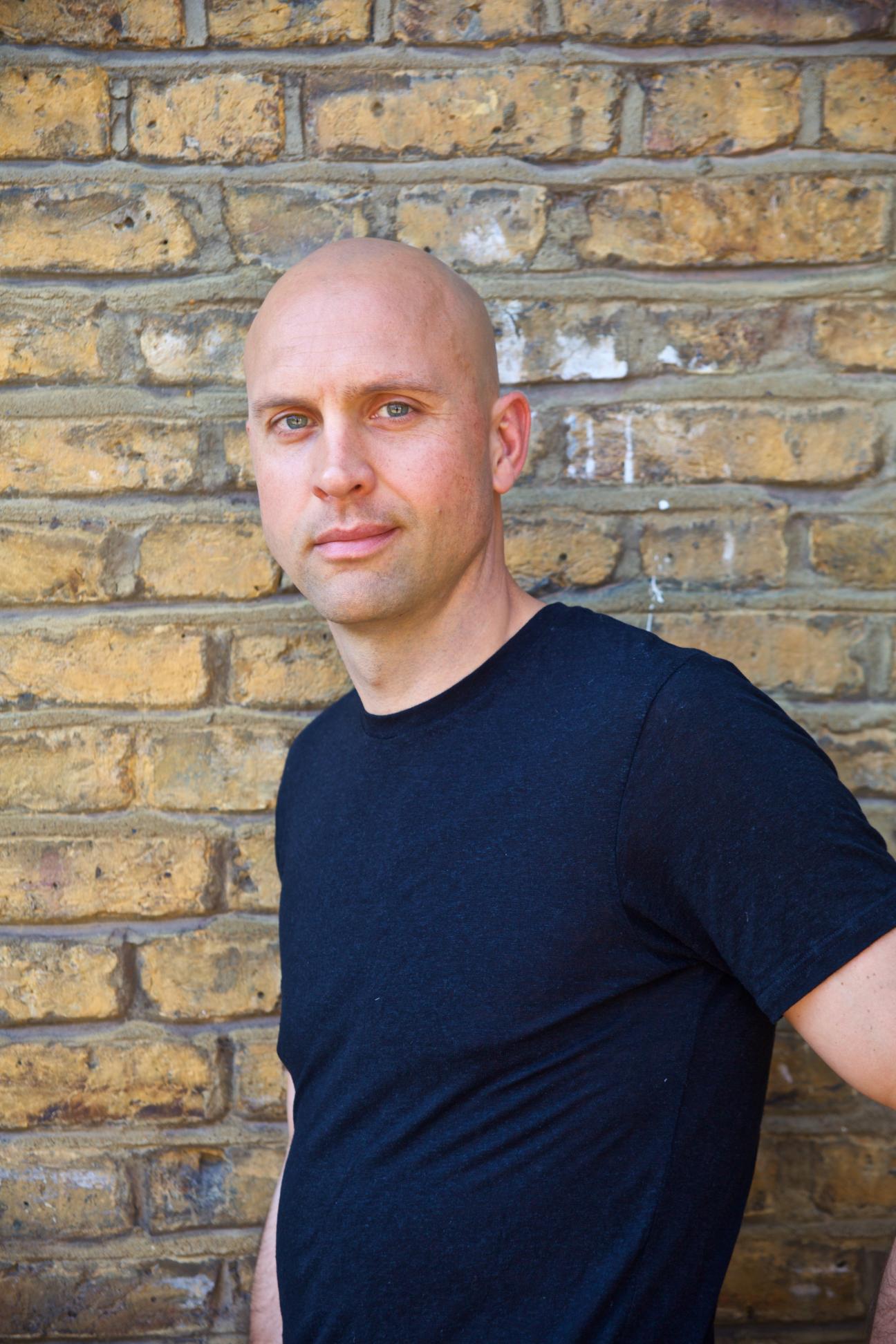I’m an artist living in South London with my husband and two children. I wanted to write about the experience of being a survivor of the psychiatric system and the long-term physical health condition of Multiple Sclerosis (MS).
The diagnosis
I was diagnosed with a recurring and remitting type of Multiple Sclerosis 8 years ago. After using mental health services, it was strange to have a neurologist pointing to abnormalities in a scan of my brain. The diagnosis was a huge shock, but I was helped by a family friend who also has MS, who told me that MS was nothing to be afraid of.
Finding support
In 2017, my MS symptoms became more severe. When I tried to run, my left leg felt like it was made of concrete. I first heard of the OMS programme through Liz Bentley’s book of poems, Mind Full of Mad Verse. My husband did some research, and with some trepidation, I started the diet in May 2017. I was fortunate to have already been practising Zen meditation, which is also a part of the OMS programme. In addition, I work in mental health and trying to manage my own mental health best underpins my work in the sector.
Starting to improve
My health has improved. My left side is still weaker than my right, but my leg no longer feels like concrete. And I no longer find myself so overwhelmed by exhaustion that I need to lie on the floor to rest in the middle of hanging up the washing. I also now know that pizzas taste fantastic without the cheese.
Keeping to the diet is not currently an issue for me. There are losses, though. Spontaneity particularly. Eating out is a pleasure that’s less straightforward now. Sometimes I do catch myself wishing I could just eat without thinking about it.
Finding swimming
On the positive side, my family eats very differently now. I’m certainly healthier for the diet. My exercise of choice is swimming. I swim for health, exercise and because I enjoy it. I always feel better after a swim. I’m not fast, but last Autumn, I swam 2,000 metres in one stretch. I find the experience of my morning swims inspiring.
I’ve been an artist for over 30 years. At a stage in my life when my artistic practice is pushed for time, making digital drawings after swimming has been a way to sustain my artwork. Each swim is different. The digital prints are my memories of the people and goings on in the slow lane.
Being in the OMS programme has provided me with a way to be more in control of my life, change lanes when life is challenging, improve my quality of life and feel hopeful for the future.
Giving back
I held a private view and fundraiser for my show Swimming in the Slow Lane on Thursday, 5 December 2019. I donated 10% of the profits from the exhibition to two charities, Overcoming MS and the Mental Health Foundation - where I work four days a week as Programmes Manager for Empowerment & Later Life.

Related content
Loneliness and mental health
A-Z Topic: Long-term physical conditions and mental health

Read stories about people like you
Read the stories you've shared about your lived experiences of mental health.

Help us to help you
Our Personal Experience Network (OPEN) is a diverse community whose personal experiences and stories guide everything we do, helping us to help you.
